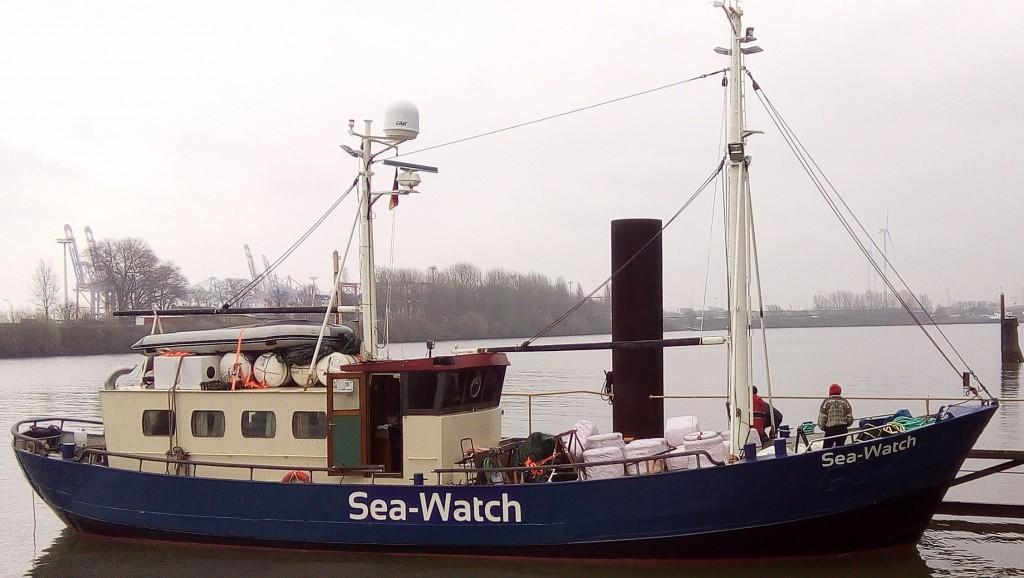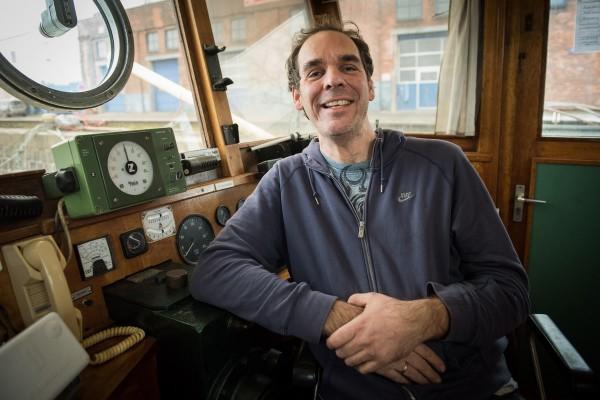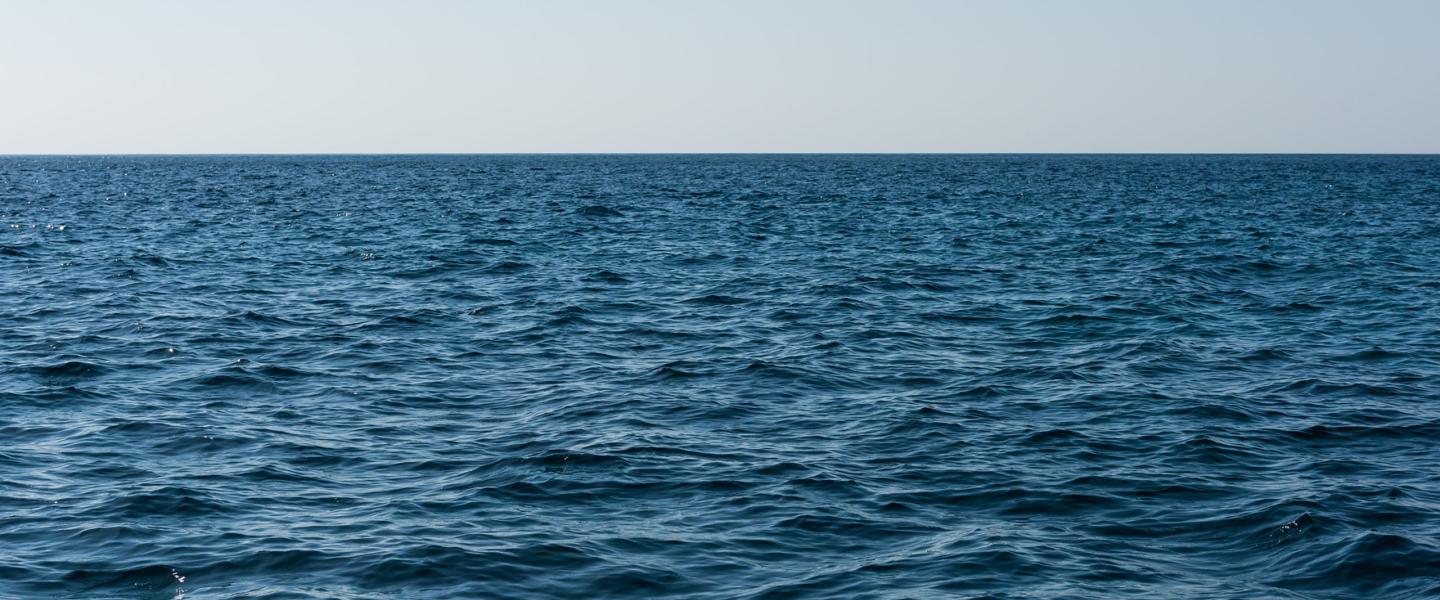
Human Rights at Sea is very pleased to be supporting the efforts of the German based Sea-Watch project whose aim is to assist in the rescue of migrants in the Mediterranean Sea.
HRAS support comes from one of its interns, Daniel Shepherd, and who will be regularly blogging exclusively through the HRAS site as to the Sea-Watch experiences as they deploy from Hamburg to Malta and then on into the Mediterranean.
Sea-Watch Website
Introductory Blog
“But these migrants are human beings, who we make no judgment about, where there is a state duty to assist, and that is perhaps not being adhered to.”

In recent weeks over 30,000 migrants have attempted to cross the Mediterranean from Libya to Lampedusa, Italy. Of that number over 1200 deaths have been reported as a result of overcrowded vessels capsizing under the sheer weight of the passengers on board. Often fleeing persecution and conflict ridden environments, with the advent of fairer sea conditions it is estimated that 2015 will see record numbers of migrants from countries as geographically disparate as Syria, Somalia, Eritrea, Mali, Nigeria and Libya attempt the perilous crossing in a bid to better their lives and the lives of their families.
Through its search-and-rescue (SAR) mission, Operation Triton, the EU up until last week operated at one third the size and cost of its predecessor, the Italian-led search-and-rescue mission, Operation Mare Nostrum. The general opinion in Brussels was that the greater the rescue capability was in the Mediterranean the greater the likelihood more migrants would attempt to enter Europe via these means – the so-called ‘pull’ factor. So, in their wisdom, significant cutbacks were made with respect to EU SAR policy. However, it didn’t take long for this hypothesis to be disproved with sources from the United Nations High Commissioner for Refugees (UNHCR) and the International Organisation for Migration (IOM) recording a death toll up almost twenty times on the number recorded this time last year. In the wake of the recent human tragedy brought to us live on our screens and over our radio waves, European politicians were forced to act. EU spending on SAR in the Mediterranean has subsequently increased to that of the level under Operation Mare Nostrum, equating to approximately €9 million per month. Coupled with increased spending a ‘ten point plan’ has been initiated to address various aspects of the migration pattern and consequential loss of life. The effect of such measures waits to be seen.

However, one group of friends in Brandenburg, Germany saw the shortcomings in European politicians’ ways a long time ago and set in motion their own response to the devastating loss of life at sea. On the eve of the 25thAnniversary of the Unification of Germany, spurred on by the memory of East German migrants fleeing the iron fist of Soviet rule in search of a better life, Harald Hoppner, Matthias Kuhnt and other like-minded friends decided to buy a boat and sail it to the Mediterranean in a bid to privately act in support of international rescue efforts, raise international awareness and, where safe and able to do so, render assistance to those in distress at sea. Their vision, a civil sea rescue service…..
Full details of the first blog can be found on the
HRAS Sea-Watch Page
